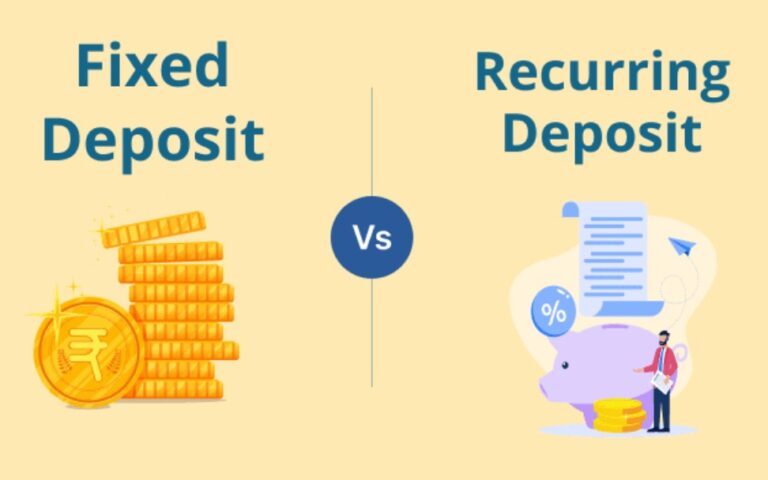
Vendor funding is very effective due to the fact that the purchaser and also the vendor have control over all the regards to the deal. That indicates that there are practically endless applications for vendor funding. Nonetheless, every one of the choices for vendor funding come under simply a 2 significant groups: funding after the closing and also funding prior to the closing.
The complying with 4 sorts of funding take place after the closing:
1. Free and also Clear Funding – When a vendor has a building “cost-free and also clear” there are no liens or encumbrances on the residential property. In this circumstance the vendor and also the purchaser are cost-free to make any kind of terms they wish to in order to negotiate effective.
2. Equity Just Funding – This sort of funding indicates that the vendor just funds their equity in a building. The purchaser is accountable for obtaining brand-new funding to pay-off every one of the vendor’s encumbrances and also liens. The vendor is after that cost-free to fund the equity in the residential property.
3. Cover Funding – This is likewise referred to as “based on” or “covering” funding. In this circumstance the purchaser takes the residential property “based on” the existing home mortgage. The purchaser is accountable for making home mortgage settlements to the vendor and also the vendor is accountable for making home mortgage settlements to the initial lending institution.
4. Combination Vendor Funding – This sort of funding is a mix of the funding choices # 2 & &# 3. The purchaser can “cover” the hidden home mortgage and also fund the vendor’s equity.
The following 4 sorts of vendor funding take place prior to the closing:
5. Acquisition Alternative – Whenever the purchaser offers cash to the vendor (alternative settlement) for the right to acquire the residential property at a provided rate (alternative rate) and also within a provided duration (alternative duration) the purchaser has a “acquisition alternative”. This is a kind of vendor funding due to the fact that the vendor still is accountable for the residential property and also any kind of settlements up until the purchaser acquisitions the residential property (workouts their alternative to acquisition) or the alternative ends.
6. Extensive Closing – An extensive closing resembles an acquisition alternative other than that the prolonged closing is performed with a Realty Acquisition Agreement (REPC). In the prolonged close the closing target date is prolonged or taken into the future substantially even more than a normal property acquisition.
7. Flexible Closing – The flexible close is likewise performed with the REPC other than the closing target date is connected to a future occasion (such as the conclusion of an enhancement or remodel). The closing just happens after the future occasion has actually happened or has actually been finished.
8. Vendor Collaborations – In this circumstance the vendor might offer the residential property or might keep possession. In either instance, the vendor adds the residential property (and also perhaps some resources) as their payment. The purchaser would certainly add the job and also expertise (and also perhaps some resources) to develop or boost the residential property worth. The residential property would certainly after that be re-financed by the purchaser or offered to a 3rd party. The vendor would certainly obtain his equity and also resources payment plus a concurred collaboration split of the extra revenues on the deal.
The fantastic aspect of these 8 sorts of vendor funding is that every alternative can be utilized to profit both the purchaser and also the vendor. Making use of these vendor funding choices a vendor can really obtain a purchaser to find in and also enhance their residential property, do all the fix-up and also repair at the purchaser’s expenditure, and also the purchaser is thrilled concerning doing the job! I’ll describe exactly how this can be in my following write-up …
.







